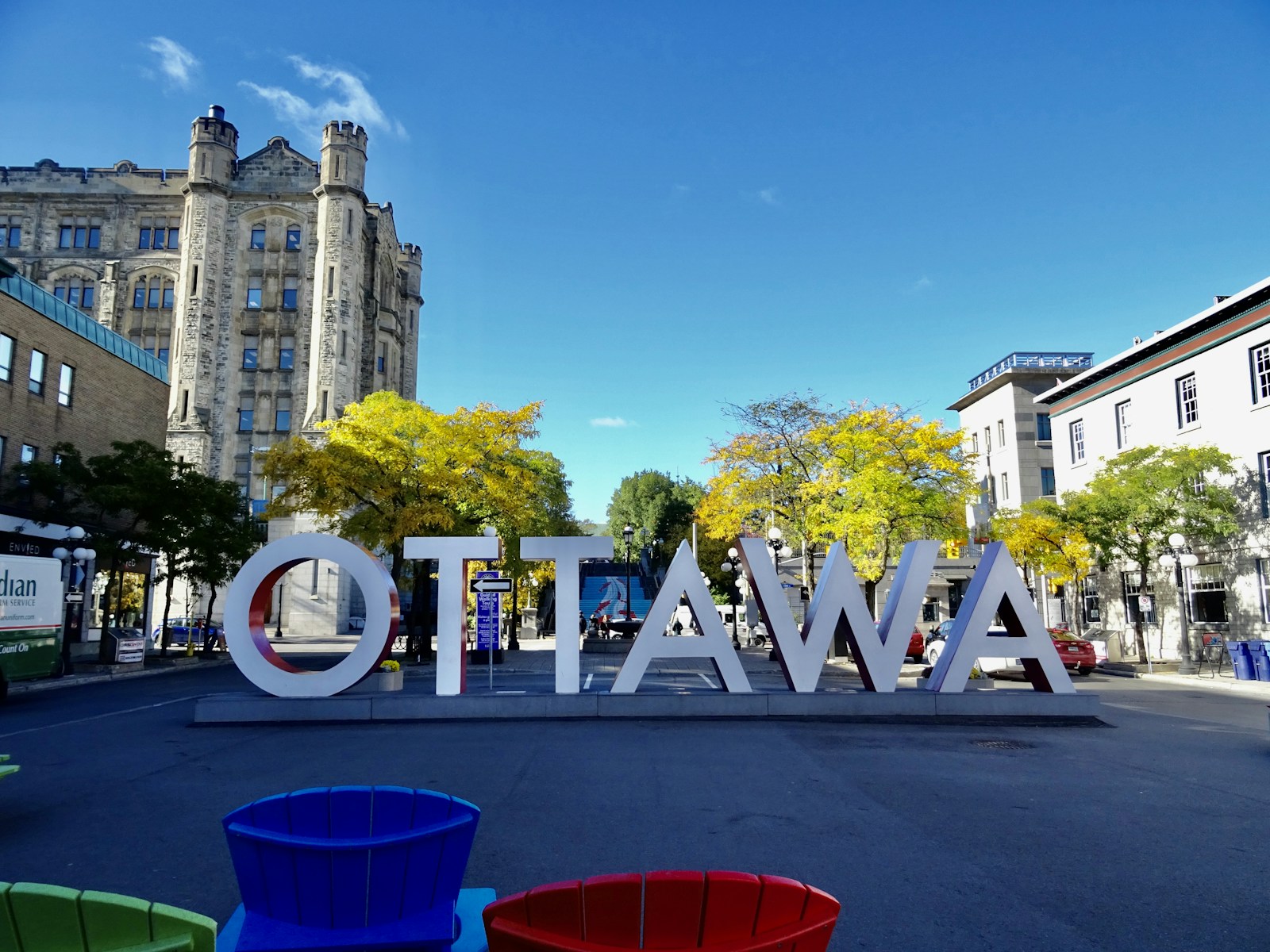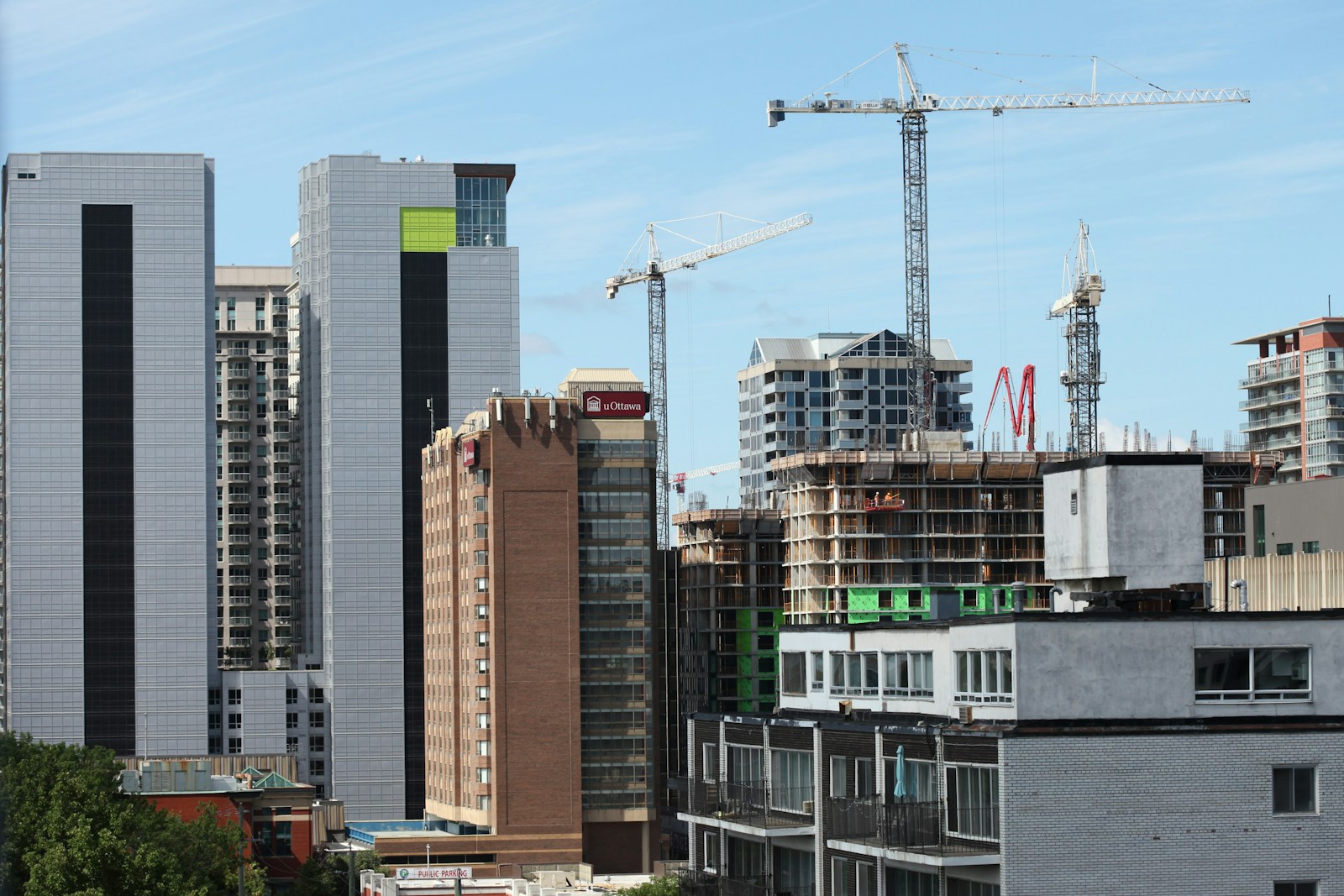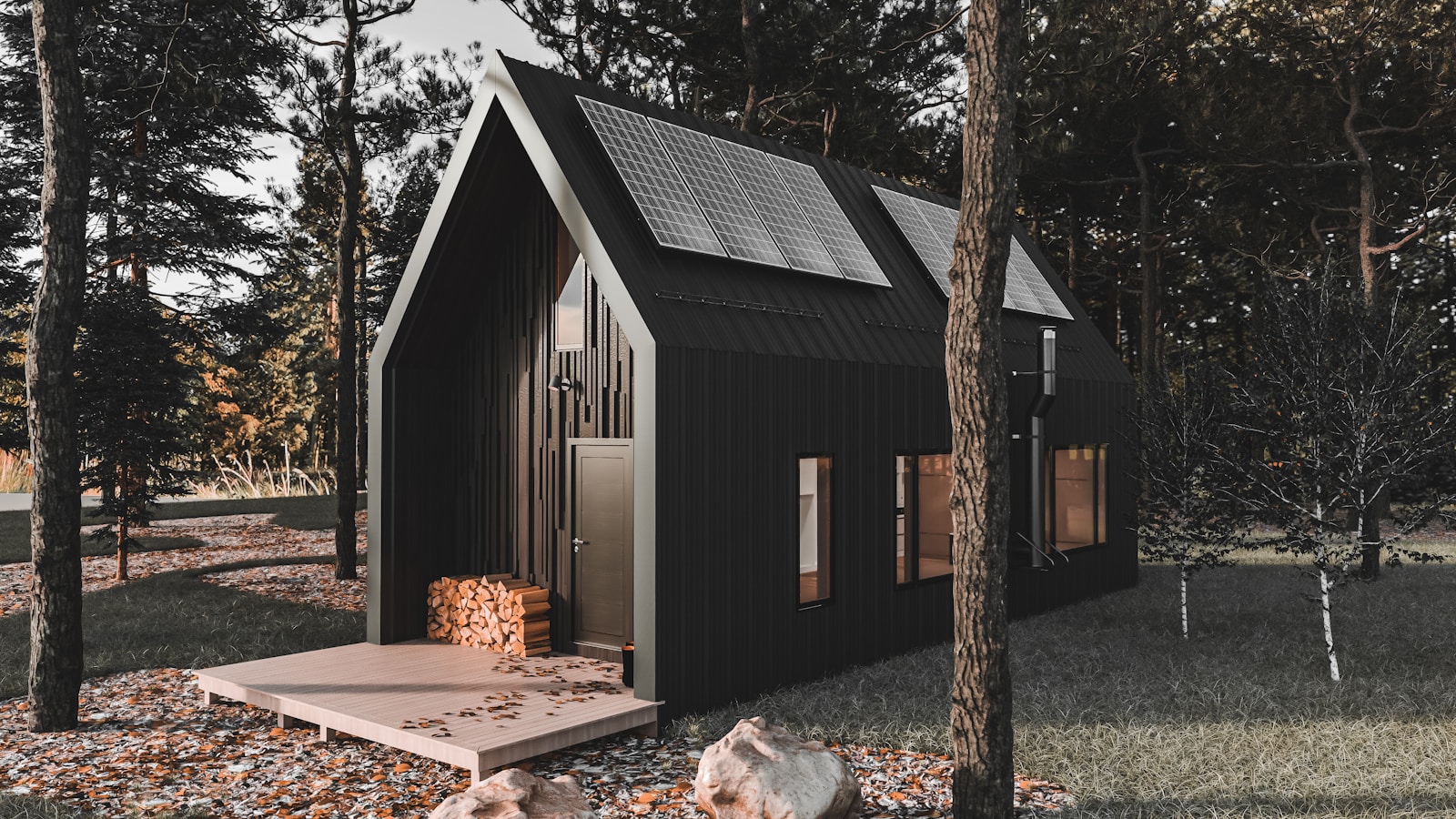Introduction – The Downsizing Decision
If you’re a retiree or empty nester in Ottawa, 2025 could be the perfect time to consider downsizing. Whether you’re looking to reduce household costs, simplify your lifestyle, or unlock home equity, downsizing offers many benefits—but the decision must align with market conditions and personal readiness.
Why Downsizing Makes Sense in 2025
Rising Home Equity: Ottawa homeowners have seen strong appreciation over the past decade. Selling now could maximize your return, especially if you’ve owned your home for many years.
Balanced Market Conditions: With more balanced supply and demand across many Ottawa neighborhoods, it's a great time to list while also having more options to buy smaller homes or condos.
Interest Rate Stabilization: Mortgage and borrowing rates are showing signs of leveling off, making condo or townhome purchases more predictable for budgeting purposes.
Top Reasons Retirees Are Downsizing Now
Less Maintenance
Large homes with big lawns, stairs, or multiple bathrooms can become burdensome. Downsizing often means less upkeep and fewer chores.Lower Expenses
Smaller homes mean lower heating, property taxes, insurance, and maintenance bills.Lifestyle Flexibility
Downsizing can free up capital to travel, enjoy hobbies, or help family. Plus, many retirees prefer walkable, amenity-rich neighborhoods.Health & Accessibility
One-level living, elevators, and accessible design make daily life easier as mobility needs change.
Where Ottawa Retirees Are Moving
Westboro & The Glebe – Ideal for active downsizers who enjoy shopping, dining, and cultural events.
Barrhaven & Kanata – Popular for quiet suburban downsizing into townhomes or adult lifestyle communities.
Alta Vista & Orleans – Affordable, well-established areas offering bungalow options and good access to healthcare.
Downtown Condos – Perfect for those wanting walkability, low maintenance, and access to transit.
What to Look for in a Downsized Home
Bungalow or Condo Living
Focus on layout efficiency, elevator access, and minimal stairs.Proximity to Health Services
Access to clinics, hospitals, and pharmacies can be key as needs evolve.Community Vibe
Seek friendly, inclusive neighborhoods with quiet streets or social opportunities.Storage & Comfort
Downsizing doesn’t mean sacrificing comfort—look for smart storage and well-designed spaces.
Is Now the Right Time for You? Ask Yourself:
Are you spending more time maintaining your home than enjoying it?
Do you have unused rooms collecting dust?
Would you benefit from reduced living costs?
Are you ready to cash out equity for travel, security, or legacy planning?
Would a simpler lifestyle feel more aligned with your goals today?
If you answered yes to most of these, 2025 could be the right time to act.
Frequently Asked Questions
Q: What is the best age to downsize?
There’s no one-size-fits-all age, but many consider it between ages 60–75, when health is stable, and lifestyle preferences shift.
Q: Will I save money by downsizing?
Yes—smaller homes typically come with lower taxes, utility bills, and upkeep costs.
Q: Is now a good time to sell in Ottawa?
Yes—the market in 2025 remains balanced, offering strong resale value and a wider selection of move-down options.
Q: Should I rent or buy after selling?
It depends on your long-term goals. Buying may protect against rising rents, while renting offers flexibility.
Q: What happens to my equity?
You can reinvest it, gift to family, use it for lifestyle upgrades, or increase retirement security.
Q: Is downsizing emotionally difficult?
Sometimes—especially leaving a longtime family home. But many find freedom, peace, and new beginnings in the transition.
Conclusion – Take the Leap, Not the Burden
In 2025, downsizing in Ottawa isn’t just a financial move—it’s a lifestyle shift. For retirees and empty nesters seeking simplicity, flexibility, and less stress, now may be the right time to explore a home that truly fits your next chapter.







